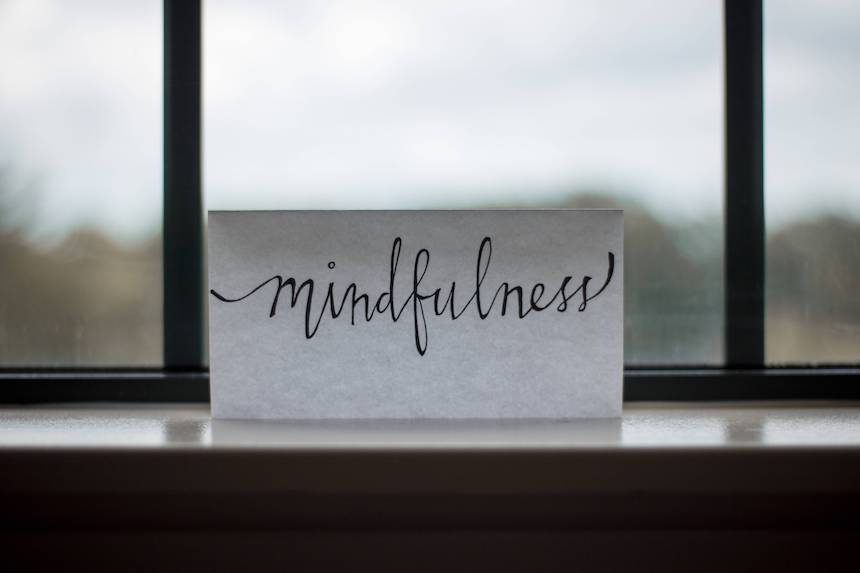
Representing one of the pinnacles of the ancient Chinese civilization, Feng Shui is a very traditional way of living that puts the accent on spirituality as well as minimalism (to an extent), and living in accord with the five elements – wood, fire, water, metal, and earth. The idea is to organize your environment and conduct your life so that you’re not at odds with these five, and also to make your mind more open to being in contact with nature.
Now, whether Feng Shui is a mere placebo, or there is something to its philosophy is still under research, so to speak, but one thing is certain – living in a tidy environment and close to nature cannot possibly be bad. In this article, we’re going to talk about the mental health benefits of pursuing a Feng Shui-based lifestyle, and how you can organize your environment to make this happen.
Alright then folks, without further ado, here’s the deal.
Light Therapy
Most of Feng Shui’s strategies’ for improving your mental health have also been used by psychiatrists for a long time. If you’re super skeptical about this Chinese traditional way of life, you can look at it as a bundle of different non-invasive therapeutic procedures, which cannot possibly hurt you.
For example, Feng Shui recommends that the rooms you’re in should be well lit and well aired, so you can breathe easily and get plenty of sunshine on your skin – which is beneficial to your health. So, to start your Feng Shui journey, the first step would be to air your rooms and let in plenty of natural light.
Color Therapy
Another proposition of the Feng Shui philosophy comes in the shape of a color therapy-like idea. Namely, you must paint your walls and the ceiling in the color you find soothing and relaxing. This means you’ll spend a great chunk of your time during the day in a place you can relax in, which is, in turn, bound to increase your productivity.
On the other hand, you should aim to do the same thing with your furniture. Since various furniture pieces lend themselves quite well to paint jobs and other paint corrections, so to speak, you’ll have little to no trouble turning your favorite table or chair into a piece that will play a soothing role in your living room’s palette of colors.
Peace of Mind
If you’ve ever been to a psychiatrist, chances are – he or she told you that you should spend more time in nature as opposed to just sitting about in your house (As relaxing and comforting your house is, exploring the outdoors will always help with boosting your mood, that’s for sure).
So, Feng Shui tells you the same thing. To keep in touch with the aforementioned elements, you must approach them in their natural habitat, so to speak, and get a bit dirty and a bit sweaty, as well.
This will help you break out of your mold and restore the energy you lost watching your TV or sitting in front of your computer.
Stress Reduction
One of the main, if not the main goal of psychological therapy would be to reduce stress and thus improve your quality of life. To make this happen, Feng Shui says that you should declutter your immediate living environment.
This is often easier said than done because sometimes we get emotionally connected to some of the items we have. So, to get rid of the unnecessary clutter, consider throwing out the old stuff, and possibly investing in some multipurpose furniture that can leave you with more space once you’ve installed it.
Folding chairs, a storage bench seat, or a multipurpose cupboard can all do a wonderful job of being useful for their purpose, all the while reducing the amount of space they take up – which then reduces stress. What’s not to love?
Improved Air Circulation
… by getting rid of house plants.
Yup, you’ve read that correctly. According to Feng Shui, house plants use up the oxygen in the room they’re in and then let out carbon dioxide during the night. This makes the room you’re sleeping in stuffy and can lead to poor quality of sleep.
It’s not just the Feng Shui ancient philosophers who have come to this conclusion, modern research also suggests this plant-eating-up-too-much-oxygen thing may be real. (But it’s not been thoroughly investigated still.)
All things considered, if you need philosophy to quench your thirst for a routine, stability, and less stress in your life, you may want to give this Feng Shui thing a go. Even if it ends up not working, it doesn’t promote smoking dodgy plants or doing anything to yourself, so there’s no harm in trying. We hope this article helped you understand this ancient Chinese art of living a bit better and wish you all the best in your pursuit of happiness.
- Six Easy Ways to Naturally Whiten Your Teeth - November 21, 2019
- Benefits of Feng Shui to Our Mental Health - October 10, 2019






